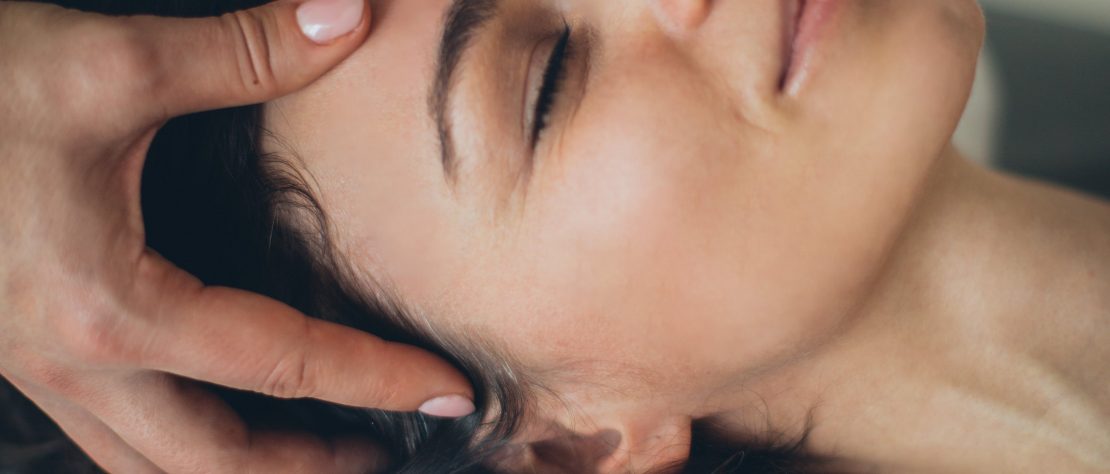Massages can offer a wide range of health benefits, both physical and mental. We’ve identified ten reasons why massages can be good for you.
1. Stress Reduction
One of the primary benefits of massages is stress reduction. Massage therapy promotes relaxation and helps lower stress levels, leading to an improved sense of calm and mental well-being.
2. Pain Relief
Massages can help to provide pain relief, and alleviate pain such as headaches, back pain, muscle soreness, and joint pain. The manipulation of soft tissues can help release muscle tension and improve blood flow, in turn reducing discomfort.
3. Improved Circulation
Massage therapy enhances blood circulation, which can lead to better oxygen and nutrient delivery to cells, as well as quicker removal of metabolic waste products from the body.
4. Muscle Relaxation
Massages target tense and tight muscles, promoting relaxation and flexibility. This can be particularly beneficial for individuals with muscle-related conditions.
5. Enhanced Joint Mobility
Regular massages can help improve joint mobility and range of motion. This can be beneficial for individuals with musculoskeletal conditions such as arthritis.
6. Better Sleep
Many people find that massages improve sleep quality. Improvements in sleep can help alleviate insomnia and other sleep disturbances.
7. Immune System Support
There is some evidence to suggest that massage therapy may enhance the immune system by increasing and improving immune function.
8. Mental Health Benefits
Massages can have positive effects on mental health, reducing symptoms of anxiety and depression. The physical touch and relaxation response induced by massage can improve mood and emotional well-being.
9. Improved Posture
Massage therapy can help address postural imbalances by relaxing tight muscles and promoting better alignment of the body.
10. Rehabilitation and Injury Prevention
Athletes often use massage therapy as part of their training and recovery programs to prevent injuries and aid in rehabilitation after injuries.
Common Types of Massages
Swedish Massage
- Characteristics: Gentle and relaxing, involves long gliding strokes, kneading, tapping, and stretching.
- Benefits: Stress reduction, muscle relaxation, improved circulation.
Deep Tissue Massage:
- Characteristics: Targets deeper layers of muscles and connective tissues, uses more intense pressure.
- Benefits: Alleviates chronic pain, muscle tension, and tightness.
Sports Massage:
- Characteristics: Focuses on specific muscle groups, often used for athletes, incorporates stretching and joint mobilization.
- Benefits: Enhances athletic performance, aids in recovery, prevents injuries.
Hot Stone Massage:
- Characteristics: Uses heated stones placed on the body or as tools during massage strokes.
- Benefits: Promotes relaxation, relieves muscle tension, and enhances circulation.
Thai Massage:
- Characteristics: Involves passive stretching, acupressure, and compression along energy lines in the body.
- Benefits: Improves flexibility, relieves muscle and joint tension, enhances energy flow.
Aromatherapy Massage:
- Characteristics: Incorporates essential oils with massage strokes, tailored to specific therapeutic goals.
- Benefits: Addresses various health concerns, such as stress, anxiety, and pain, depending on the chosen essential oils.
Shiatsu Massage:
- Characteristics: Applies rhythmic pressure along energy meridians using fingers, palms, and thumbs.
- Benefits: Balances the body’s energy flow, relieves tension, and promotes relaxation.
Prenatal Massage:
- Characteristics: Tailored for expectant mothers, focuses on relieving pregnancy-related discomforts.
- Benefits: Alleviates back pain, swelling, and stress during pregnancy.
Reflexology:
- Characteristics: Targets specific reflex points on the hands and feet to influence various organs and systems in the body.
- Benefits: Promotes relaxation, supports overall health, and reduces pain.
It’s essential to choose the type of massage that best suits your individual needs and preferences. When receiving a massage, communicate openly with your therapist to ensure you receive the most effective treatment for your specific goals and any underlying health conditions. Always consult with a licensed massage therapist or healthcare provider if you have any concerns or medical conditions before starting massage therapy.
The content in this post is for information only and should not replace medical advice or care. Please check with your GP or healthcare professional before trying any treatments or remedies.
Photo credit : Pexels / Elina Fairytale
Read this next – Is the sauna important for our health and longevity?
